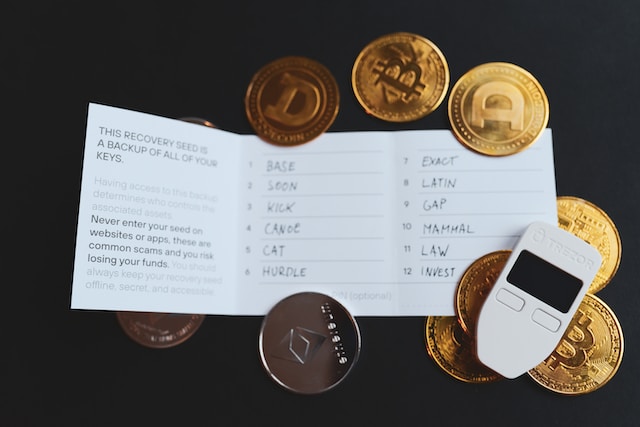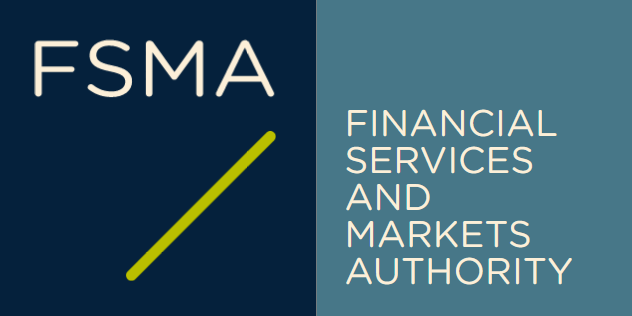European travel rule for crypto-asset transfers

Not so much a security or IT risk related regulation, but one on the anti-money laundering and countering the financing of terrorism (AML/CTF) front:
Transfer of Funds, or the Travel Rule are recommendations originally stemming from the Financial Action Task Force (FATF), who is the global money laundering and terrorist financing watchdog. The EU has adopted legislation translating these recommendations into law (regulation): the revised Transfer of Funds Regulation (TFR).
I am not a lawyer, and I am overly simplifying things, but: in its simplest form the travel rule requires that each money* transfer greater than € 1000 or $1000 is accompanied by information** on the originator (sender) and the beneficiary (receiver). Essentially these requirements lie at the heart of many Know-Your-Customer (KYC) and Know-Your-Transaction (KYT) measures that are taken within the financial sector.
Now since crypto-assets are a thing, they cannot be exempt from these requirements, can they? So, in June 2022 the EU reached an agreement on a revised Transfer of Funds Regulation that thus includes crypto-assets (crypto-assets as defined in the MiCA regulation)
So here we go, lawyooors:
- Threshold amount: € 0 (so no more limit of € 1000, as from 30/12/2024)
- Originator information:
- originator name
- originator distributed ledger address
- originator crypto asset account number
- originator address, which must include the name of the country, official personal document number and customer identification number, or alternatively date and place of birth
- originator LEI (where applicable, or an equivalent official identifier)
- Beneficiary information:
- beneficiary name
- beneficiary distributed ledger address
- beneficiary crypto asset account number,
- beneficiary LEI (where applicable, or an equivalent official identifier)
- Self-hosted wallets are in scope (e.g. from your cold wallet to a centralized exchange, or vice-versa). However, peer-to-peer or consumer-to-consumer transactions between self-hosted wallets are exempt from these requirements.
As you can imagine this is quite a challenge and operational burden (also from a cost perspective) for any party in the blockchain and cryptocurrency space (which are not only centralized exchanges, but also other player such as investment firms, funds, market makers, protocol developers, DAO's, ...).
For more detailed information please consult a specialist and/or read: https://www.vasiliou.law/the-crypto-travel-rule-or-transfer-of-funds-regulation-eu/
(*) money = transfers involving banknotes, coins, scriptural money and electronic money
(**) information = name, account numer (if any), address, or national identity number, or customer identification number, or date and place of birth
Photo by rc.xyz NFT gallery on Unsplash



